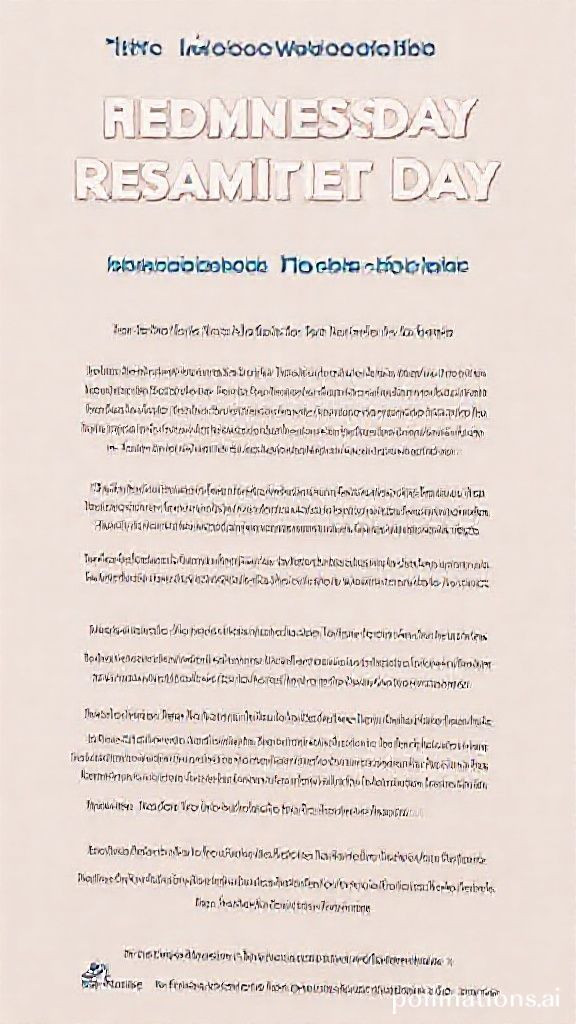
Overcoming the Odds The Journey of the First Astronaut with a Disability
Overcoming the Odds The Journey of the First Astronaut with a Disability
Overcoming the Odds The Journey of the First Astronaut with a Disability
As we venture into the era of space exploration, it's crucial to recognize that diversity, equity, and inclusion (DEI) are not just buzzwords – they're fundamental values that propel us forward. And what better way to demonstrate this than by welcoming the first astronaut with a physical disability to join the International Space Station crew?
Meet John McFall, a 43-year-old British surgeon and former Paralympian who lost his leg in a motorbike accident at just 19 years old. Despite the challenges that lay ahead, McFall has refused to let his disability define him – and now he's poised to make history as the first parastronaut to venture into space.
The Feasibility Study A Significant Step Forward
Since announcing McFall as a member of its astronaut reserve in 2022, the European Space Agency (ESA) has meticulously assessed the feasibility of someone with a prosthesis becoming a crew member on a space mission. Following months of rigorous testing and evaluation, the ESA has finally given McFall medical clearance for a long-duration mission onboard the International Space Station!
It's just incredible, McFall exclaimed during an online press conference. This is way bigger than me – this is a cultural shift.
A New Era in Space Exploration
As we mark this significant milestone, it's essential to acknowledge that diversity and inclusion are not just buzzwords – they're the keys to unlocking a brighter future for space exploration. The ESA's announcement comes at a time when DEI initiatives have faced challenges, but Neuenschwander, the ESA's director of human and robotic exploration, remains committed to promoting inclusivity
We will continue with our European values, he emphasized, adding that all ISS partners – including the United States – had given McFall medical clearance.
The Road Ahead A Journey of Innovation
As we look ahead to the next phase of this feasibility study, it's clear that innovation will be at the forefront. The ESA is working on developing prosthetic technologies that will enable McFall and other individuals with disabilities to overcome any additional challenges they may face in space. This innovation won't just benefit the astronaut community – it will have far-reaching benefits for prosthetic users worldwide!
It's not just about me, McFall said, his voice filled with passion. It's about creating a legacy that will ripple out and make a difference in people's lives.
Conclusion
As we stand at the threshold of this new era in space exploration, it's clear that John McFall is more than just a trailblazing astronaut – he's a symbol of resilience, determination, and hope. And as we continue to push the boundaries of what's possible, let us remember that diversity, equity, and inclusion are not just values – they're the very fabric of our humanity.
Keywords Disability, Inclusion, Diversity, Space Exploration, International Space Station, Prosthetics, Innovation, Legacy






